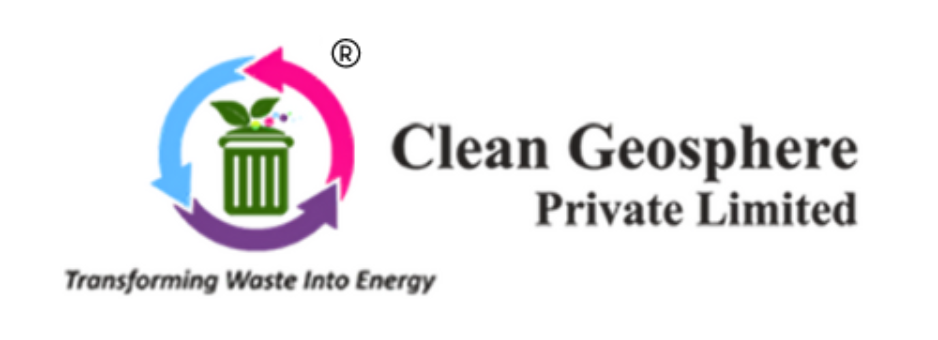Mumbai, India’s bustling metropolis, faces a growing waste crisis that endangers both the environment and public health. As one of the most densely populated cities in the world, Mumbai generates approximately 7,000 metric tons of waste each day. The city’s primary landfills, Deonar and Kanjurmarg, are operating beyond capacity, leading to serious issues such as groundwater contamination, greenhouse gas emissions, and harmful air pollution. The waste crisis in Mumbai is a complex challenge requiring sustainable solutions to prevent lasting ecological and health-related consequences.
Understanding the Waste Crisis in Mumbai
Mumbai’s waste management infrastructure is under enormous strain. With a daily waste production of nearly 7,000 metric tons, the city struggles to manage collection, segregation, and disposal processes efficiently. Residential areas, businesses, and industries contribute to this massive volume, with a large proportion consisting of non-biodegradable waste such as plastics, glass, and e-waste.
One of the main issues is improper waste segregation, with a substantial portion of waste that could be recycled or composted ending up in landfills. The lack of awareness and poor waste management practices exacerbate the problem, allowing a mix of organic, recyclable, and hazardous waste to accumulate in landfills. The result? An overflow of waste that contributes to environmental hazards and public health risks.

Environmental Impact of Mumbai’s Waste Problem
The environmental impact of Mumbai’s waste crisis is significant. Landfills at Deonar and Kanjurmarg emit methane, a potent greenhouse gas contributing to climate change. These landfills, often unprotected, allow waste to seep into the soil and groundwater, contaminating vital water sources. This contaminated groundwater can have severe effects on health, as it often finds its way into local water supplies and impacts agricultural areas around Mumbai.
Waste decomposition in landfills also produces leachate, a toxic liquid that further pollutes soil and water. Additionally, burning waste to reduce volume releases harmful gases, such as carbon monoxide and dioxins, into the atmosphere, causing air pollution and respiratory issues for nearby residents.
Health Risks Linked to the Waste Crisis
Mumbai’s waste crisis has far-reaching consequences on public health. Residents near landfills and waste processing facilities face increased risks of respiratory diseases, infections, and other health issues due to exposure to toxic substances and contaminated water. Studies have shown that children and the elderly are particularly vulnerable to the pollutants emitted from waste accumulation sites, which can worsen conditions like asthma and bronchitis.
During the monsoon season, improperly managed waste clogs drains and waterways, leading to water stagnation. Stagnant water is a breeding ground for disease-carrying mosquitoes, increasing the incidence of vector-borne diseases like dengue and malaria. The adverse health effects highlight the urgent need for comprehensive waste management reforms in Mumbai.
Challenges in Implementing Sustainable Waste Management
Addressing Mumbai’s waste crisis requires coordinated efforts from both government and community stakeholders. However, several challenges hinder progress:
- Lack of Segregation at Source: Proper waste segregation is essential for efficient waste management, but it’s not widely practiced in Mumbai. Without separate collection of biodegradable, recyclable, and hazardous waste, much of the potential for recycling and composting is lost.
- Limited Infrastructure: Mumbai’s waste management infrastructure is insufficient to handle the city’s waste production. Landfills are reaching capacity, and there are limited recycling facilities, making it difficult to divert waste from these overburdened sites.
- Public Awareness and Participation: There is a need for greater public awareness and community participation in waste reduction practices. Despite government initiatives promoting waste segregation and recycling, these practices are not yet widely adopted.
- Enforcement of Waste Management Regulations: Although there are policies aimed at reducing plastic waste and encouraging segregation, enforcement remains weak. Illegal dumping and non-compliance are common, adding to the city’s waste burden.
Proposed Solutions for a Sustainable Future
To tackle the waste crisis effectively, Mumbai can consider implementing the following sustainable solutions:
Community Initiatives: Local organizations and communities can play a significant role in addressing the waste problem by organizing clean-up drives, promoting zero-waste lifestyles, and advocating for sustainable practices.
Enhanced Waste Segregation: Introducing and enforcing waste segregation at the source, especially at the household and business levels, will ensure that recyclables and compostable materials don’t end up in landfills.
Investment in Infrastructure: Building additional recycling and composting facilities can help reduce landfill dependence. Investing in advanced waste processing technologies can further increase efficiency.
Public Awareness Campaigns: Educating the public about the importance of waste reduction and encouraging practices such as recycling and composting will foster a culture of sustainability.
Stricter Enforcement of Regulations: Strengthening the enforcement of waste management policies, such as bans on single-use plastics and penalties for illegal dumping, can curb waste generation and improve compliance.
Conclusion
Mumbai’s waste crisis is a reminder of the urgent need for sustainable waste management solutions in urban areas. To safeguard public health and protect the environment, Mumbai must adopt a multi-faceted approach involving government intervention, community action, and individual responsibility. With collaborative efforts, Mumbai can overcome its waste challenges and work towards a cleaner, healthier future.



